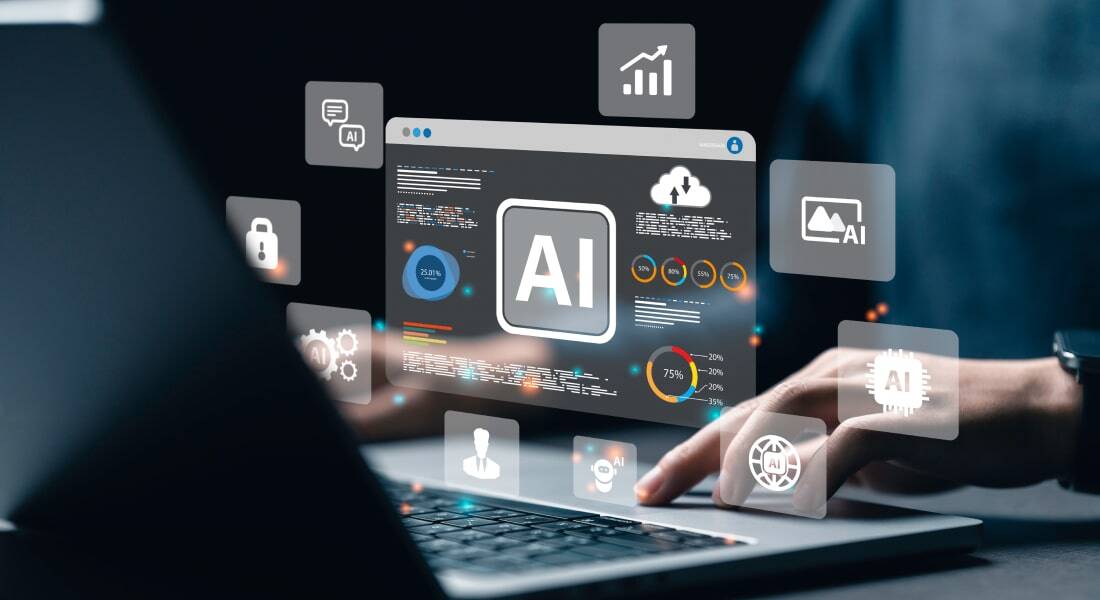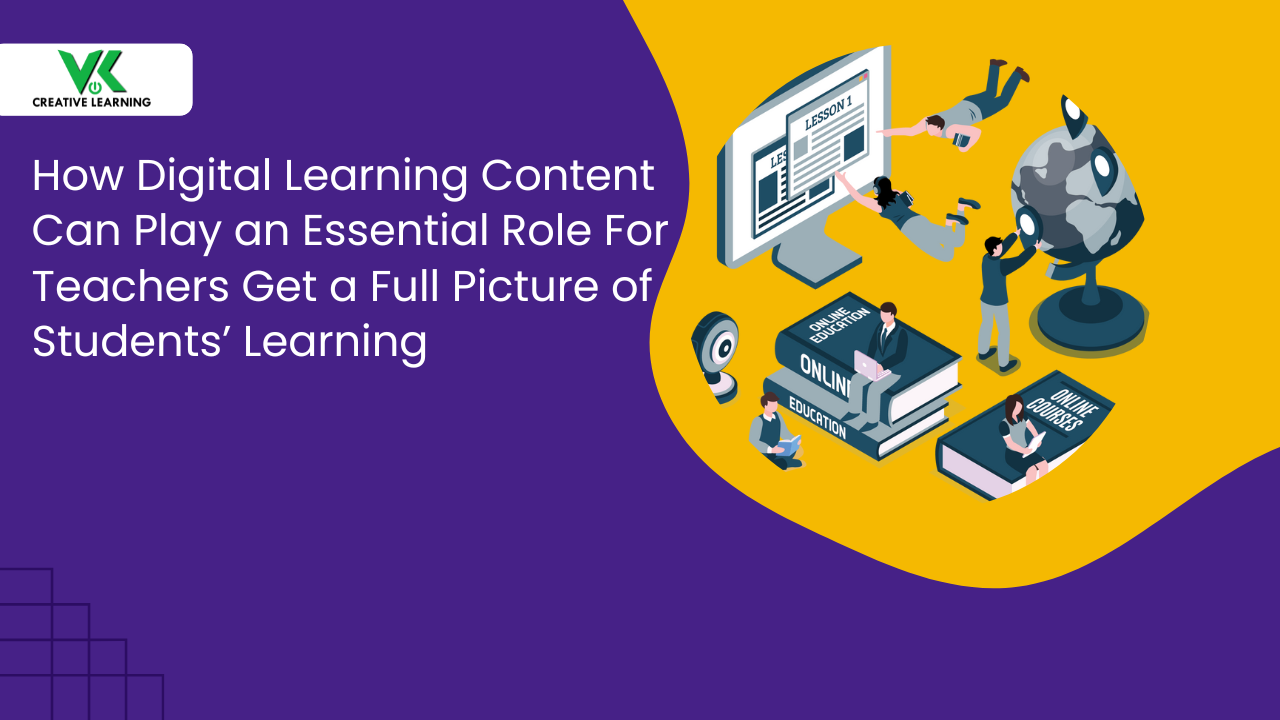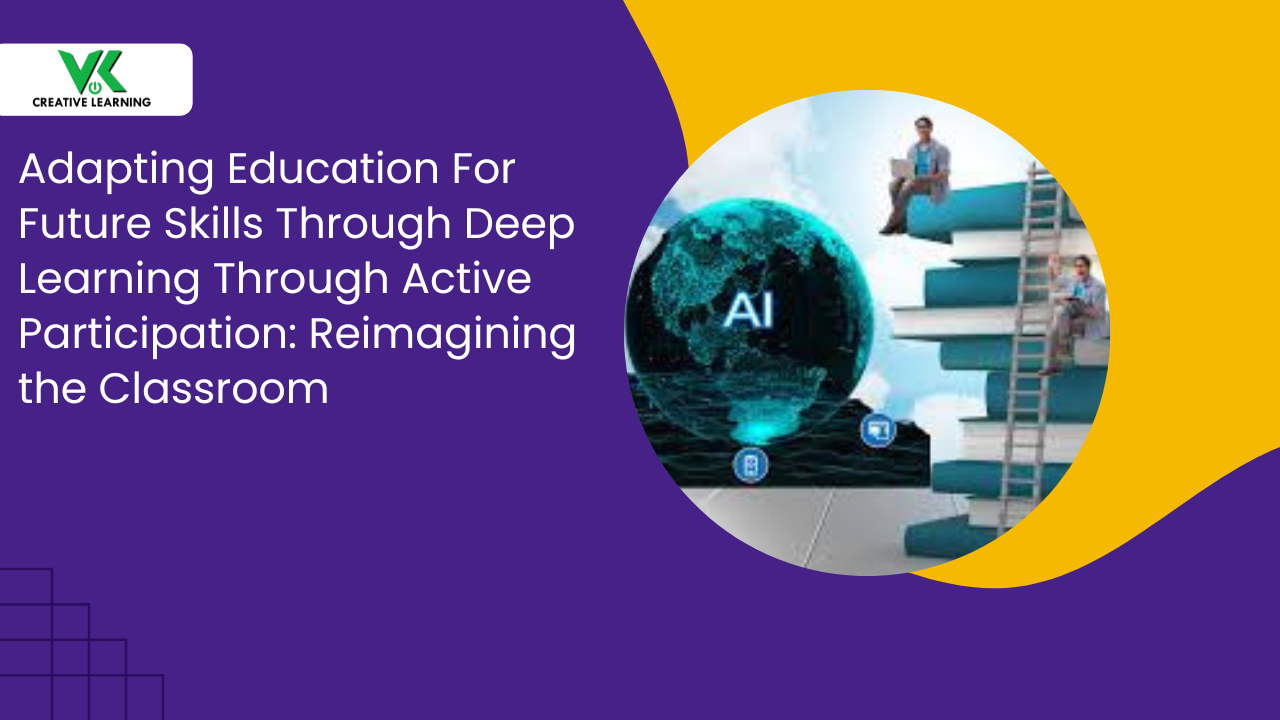Why Include Remote Learning Modules in E-learning Platforms?
March 21, 2025
The global business environment in current times has changed a lot and is characterized by rapid transformation. This is because of evolving technologies and geographically dispersed teams. Traditional methodologies: classroom sessions, workshops, and seminars may present considerable hurdles.
Also, difficult situations (scheduling conflicts, travel costs, logistical complexities) come up. This happens when organizations aim to maintain a skilled adaptable workforce too. Thus, manufacturing finance and healthcare are finding it tough. Reason: they need to deliver consistent, high-quality training.
The issues also happen when providing training to employees across diverse locations -- be it within a country or outside it. Time zones are major concerns (production facilities, hospitals, branch offices).
Consequently, businesses are seeking more flexible and scalable solutions. Adopting such measures will help to address onboarding new hires and upskilling existing staff. Add to it compliance training through learning platforms too.
Additionally, current time upskilling challenges also demand agile online training platforms. The use of personalized learning paths can bring out the desired shift.
Thus, the incorporation of remote learning modules within existing e-learning platforms is a workable idea. In fact, this would turn into a transformative approach in many ways. Importantly, this measure can lead to professional development and a reliable training platform.
As well, it can aid to push past the existing geographic limits in terms of training. The best aspect is that it can adjust to the varied learning styles of learners.
It can, interestingly, bring forth the upskilling chances for trainees in the firm. This is applicable to all those willing to expand their knowledge. Importantly, large companies can count on it to train people for diverse roles.
In fact, remote learning modules can help firms to tap into employees’ strengths. Organizations can form out a culture of different people undergoing ongoing learning.
The e-learning platform is fine-tuned by e-learning course development companies to ensure employee engagement in a quick way. These initiatives propel forth better productivity as far as business results are concerned. For instance, a tech firm can help people to collaborate and witness increased output.
For the same, top eLearning content development companies can prove in very handy. In fact, they can weave in the best features into remote e-learning platforms.
Table of Contents:
1. Manufacturing Sector Benefits from Remote Learning Training
2. Healthcare Industry Enhances Skills via Remote Modules
3. The Financial Sector Leverages Virtual Training Environments
4. Retail and Hospitality Adopt Remote Instruction Methods
5. Government Agencies Transform Workforce Competencies Remotely
6. Educational Institutions Utilize Remote Modules for Skill Upgrading
Manufacturing Sector Benefits from Remote Learning Training
The manufacturing sector can have immense benefits by adopting remote learning platforms. This step will ensure quick technical upskilling for employees. Some best examples can be in assembly line instructions, robotics simulation, and quality control modules.
Also, an e-learning platform incorporates multiple digital elements to ensure workforce enhancement. The features can be helpful in understanding: machinery maintenance, production simulations, and lean management sessions.
Online training platform via. remote operations can allow employees to get a strong hold over standardized protocol. This is helpful when it comes to maintaining the same standard operations across distributed facilities. Some instances can be: factory safety modules, procedural classes, and certification training.
This form of approach reduces unnecessary downtimes – bettering a firm’s productivity. However, on the other hand, it increases operational efficiency in a significant manner.
The best illustrations of this can be found in: maintenance workshops and inventory sessions. Plus, process optimization modules turn out to be one of the main instances.
E-learning platforms can also employees to get acquainted with: CNC simulation, robotics process, and lean analytics.
Overall, the adoption of remote learning-based e-learning can drive innovations in multiple ways in manufacturing. Also, these factors will give production firms a major competitive advantage in the long run.
Above all, top eLearning content development companies will pay extra attention to details that a firm requires. Accordingly, they will generate an online training platform for the employees located globally.
Healthcare Industry Enhances Skills via Remote Modules
Healthcare institutions can smartly use remote training modules. This is particularly useful for employees’ clinical practices (patient checkups, emergency response) and protocols.
Some examples: surgical simulations -- robot-assisted surgery, trauma drills, laparoscopic training), patient care workshops, and equipment tutorials.
Importantly, e-learning course development companies blend interactive content with real-life case studies. Some instances include: diagnostic classes, treatment labs, and pharmaceutical sessions.
Additionally, remote learning platforms facilitate professional development for staff in a consistent basis.
It can be very useful in: emergency drills, medical software training, and clinical assessments.
These measures result in improved patient outcomes (hands-on training, bedside manner, hygiene protocols) and better service quality.
For example: telemedicine seminars, health record system training, and compliance courses can be part of e-learning remote learning.
Such advancements drive efficiency and innovation in healthcare delivery (surgical simulations, monitoring classes, compliance updates).
Financial Sector Leverages Virtual Training Environments
Financial institutions adopt remote learning modules to navigate complex regulatory environments. Some examples where they can be used: compliance sessions, fraud prevention training, risk management modules.
Modern e-learning platforms can integrate dynamic content (interactive quizzes, real-time simulations, AI-driven tutorials). This can simplify intricate financial processes (breaking down numbers, visualizing cash flow, explaining tax structure). Examples: investment tutorials, asset management workshops, portfolio analysis training.
Remote learning solutions ensure a uniform understanding of compliance standards (data privacy laws, anti-fraud regulations, corporate ethics) to employees.
This can be useful for example in: anti-money laundering modules, regulatory classes, ethics sessions. Importantly, online training platforms offer real-time simulations to test decision-making skills.
Employees can be trained on: trading simulations, market risk drills, and fiscal assessments.
This form of enhanced learning platform leads to a resilient, knowledgeable workforce (well-informed decision-makers, compliance-savvy employees, and financially literate teams). Reason: they get familiarized with skills related to fintech modules, risk analytics, and credit evaluation training.
Retail and Hospitality Adopt Remote Instruction Methods
Retail and hospitality sectors can utilize remote e-learning platforms so as to improve customer service. This would also help to improve the operational efficiency (working capabilities) of the employees. Some examples are: customer interaction workshops, service protocol classes, and sales tutorials.
Online training platforms offer structured content (user-friendly and easy-to-understand) in many ways. This would help to adapt to the needs of diverse kinds of learners (based on style and pace).
This can be used in hospitality management sessions (gaining the trust of clients), retail merchandising training, and service excellence modules.
Remote learning can ensure the quality of content (same and standardized) across multiple locations. The e-learning modules can include: brand-standard modules, procedural simulations, and control sessions.
E-learning platforms also incorporate Interactive modules that support scenario-based situations for front-line staff.
This can be implemented in: conflict resolution workshops, upselling drills, and role plays.
These methods enable rapid dissemination of updated service protocols (for example: product briefings, seasonal trend sessions, and feedback training).
Government Agencies Transform Workforce Competencies Remotely
Government agencies have been adopting remote training modules in a significant way. This measure helps them to improve public service delivery (example: compliance sessions, administrative workshops, and civic tutorials).
The main reason is because: learning platforms can be used to facilitate the dissemination of essential policies and procedural changes. Best implementations can be: public administration modules, legal framework classes, and process training.
Remote learning platforms also bring forth competency standards across departments -- consistent upskilling potential. This proves helpful in: safety drills, management simulations, and update sessions.
With these measures in place, transparency and efficiency can be observed in operations. This is true for work related to planning workshops, administrative sessions, and communication modules.
Importantly, when remote modules are incorporated in e-learning systematically and in a planned way, it strengthens workforce capabilities. Also, it gives them a better idea about service delivery. The remote modules for the same can be: crisis drills, policy courses, and also to bring innovations in the workplace.
Educational Institutions Utilize Remote Modules for Skill Upgrading
Educational institutions can utilize e-learning remote modules to sync in with traditional teaching. The modules can be used to elaborate curriculum sessions, academic workshops, and pedagogical learning.
Importantly, learning platforms incorporate interactive content so as to support different learning needs. So accordingly, teaching units can be prepared (student engagement modules, faculty development classes, curriculum design training).
Additionally, e-learning course development companies create virtual platforms to facilitate flexible knowledge gaining -- anytime and from anywhere learning. This also helps to keep a tab on individuals' progress (adaptive study sessions, performance drills, assessment modules).
These measures help to strengthen learning and help educators to come out with innovative ideas for teaching. The features of e-learning platforms can be used for: resource workshops, strategy sessions, and design modules).
Conclusion
Organizations and institutions can approach VK Creative Learning (VKCL) for incorporating remote learning modules. They are the best when it comes to incorporating remote learning elements in e-learning platforms.
Importantly, VKCL being one of the top eLearning content development companies excels in customized content development.
They provide advanced technology integration and scalable solutions too. This ensures that training outcomes are on par with expectations. Moreover, this gives them a sustainable competitive advantage for long-term growth.



